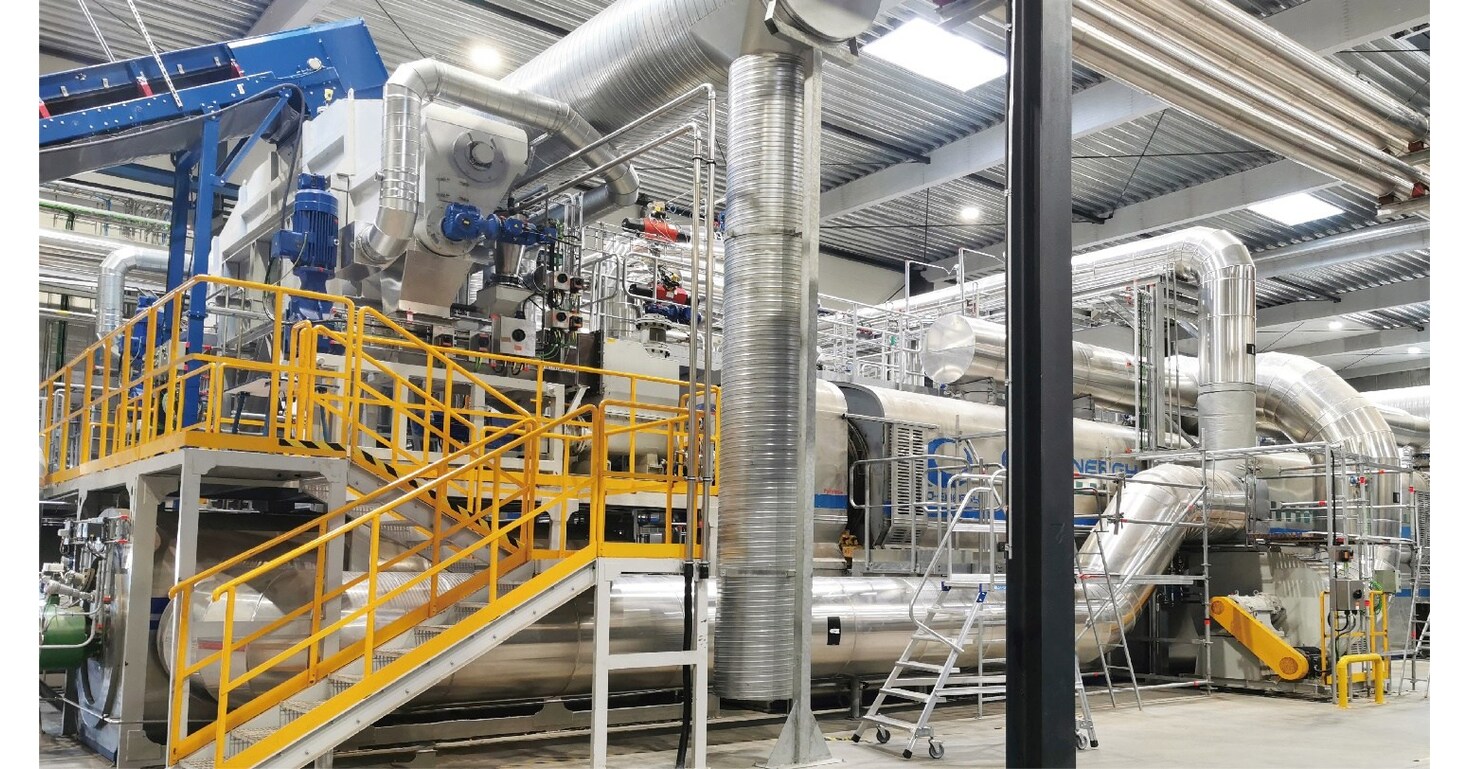



On October 18, 2024, China inaugurated its first centrally run recycling enterprise, the China Resources Recycling Group, in Tianjin. This initiative is part of President Xi Jinping's broader push for a green, low-carbon economy. The founding ceremony featured a message from Xi, delivered by Vice-Premier Zhang Guoqing, emphasizing the importance of establishing an efficient recycling system to support sustainable development [ac8cb735].
Premier Li Qiang also addressed the need for an effective recycling framework that encourages small and medium-sized businesses to participate in the green economy. The new enterprise will focus on recycling various materials, including scrap metal, electronics, electric vehicle (EV) batteries, and plastics, aligning with China's commitment to environmental sustainability [ac8cb735].
This development comes amidst ongoing discussions at the U.S.-China Circular Economy Cooperation Forum held on September 6, 2024, in Beijing, where approximately 460 attendees, including representatives from both nations' governments, gathered to address climate issues, particularly 'white pollution' caused by plastic waste [654ba727].
During the forum, Chinese Ambassador to the U.S. Xie Feng underscored the necessity of collaboration in combating climate change. U.S. climate envoy John Podesta and China's Special Envoy for Climate Change Liu Zhenmin highlighted the importance of joint efforts in achieving climate goals, with China aiming for carbon neutrality by 2060 and the U.S. targeting 100% clean electricity by 2035 [a2d0e78f].
The establishment of the China Resources Recycling Group is seen as a significant step in enhancing China's recycling capabilities, which aligns with the discussions held at the forum about innovative solutions for waste management and the circular economy [654ba727].
In addition, the U.S. has introduced measures to cut industrial nitrous oxide emissions and plans to host a second summit on methane and non-CO2 greenhouse gases in November, reinforcing the ongoing climate cooperation narrative between the two nations [0d911280].
Despite these advancements, challenges persist, including rising tariffs on Chinese electric vehicles by the U.S., which complicates the climate cooperation efforts [e2843411]. As China continues to develop its recycling infrastructure, the international community will be watching closely to see how these initiatives contribute to global sustainability goals [ac8cb735].